
Blog
Elon Musk’s Political Move: Department of Government Efficiency
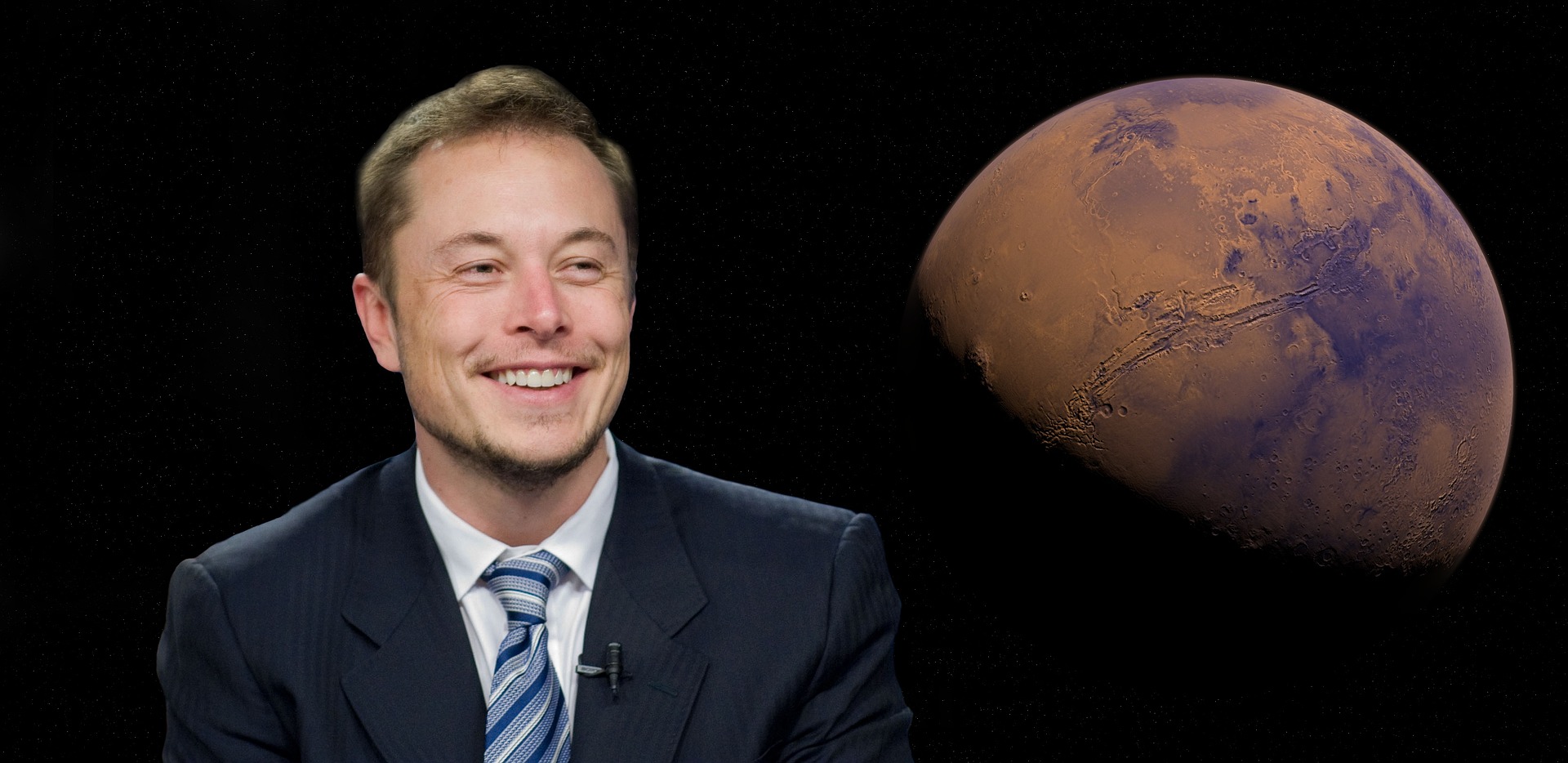
Have you ever had complaints about the government? Can you imagine a government that’s leaner, faster, and more efficient with Elon Musk at the helm of the newly minted Department of Government Efficiency (DOGE)? Under President Donald Trump’s directive, Musk’s mission is to cut through the red tape, slash unnecessary spending, and reshape how the government operates. But what does this mean for you, the everyday citizen, or even for the people of North America? Let’s dive into the potential impacts this bold move could have on politics, governance, and life across North America.
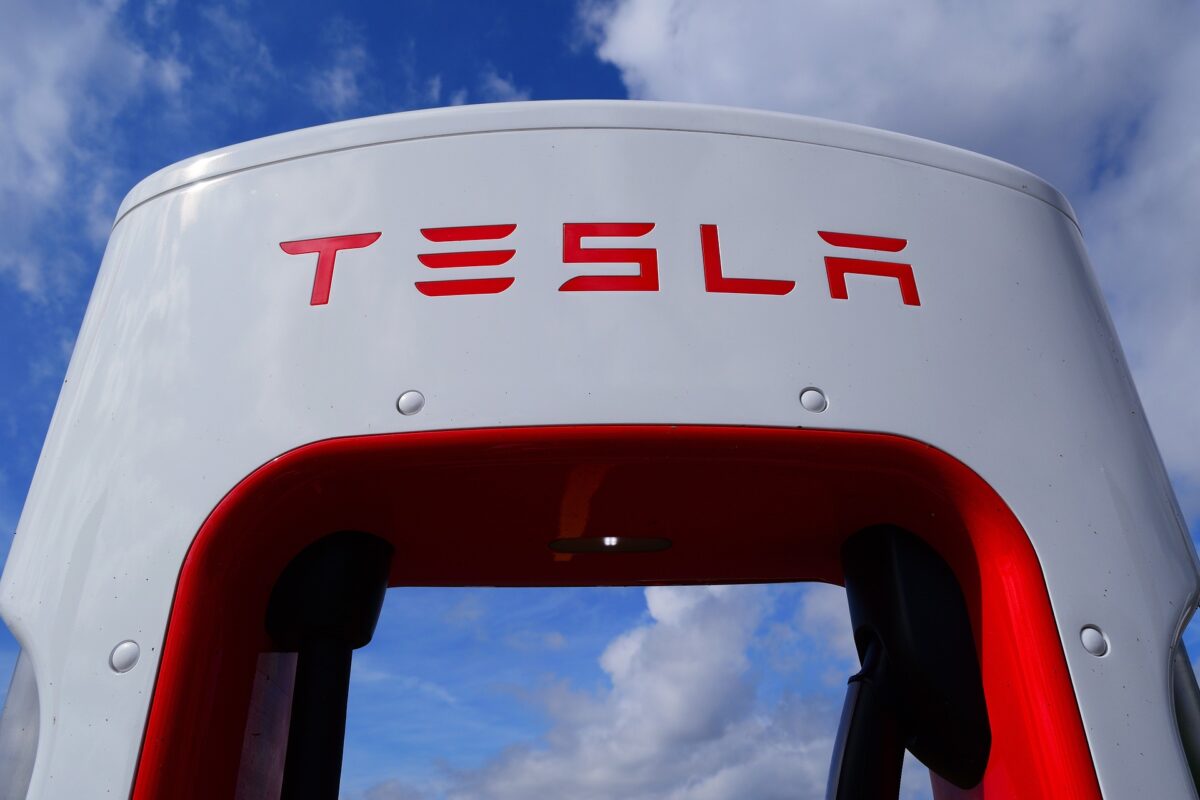
A New Political Landscape
Elon Musk, the visionary behind Tesla and SpaceX, is stepping into the political arena. His track record of innovation and disruption might be just what the government needs to shake things up. For those who believe the government is bogged down by inefficiency, Musk’s appointment could feel like a breath of fresh air. His focus on results and efficiency aligns with a conservative agenda that aims to make government more accountable and less wasteful.
However, not everyone is cheering. Critics are raising red flags about the potential conflicts of interest. After all, Musk’s companies have benefited from government contracts and subsidies. Will his role in DOGE blur the lines between public service and private gain? It’s a question worth pondering as we watch this story unfold.
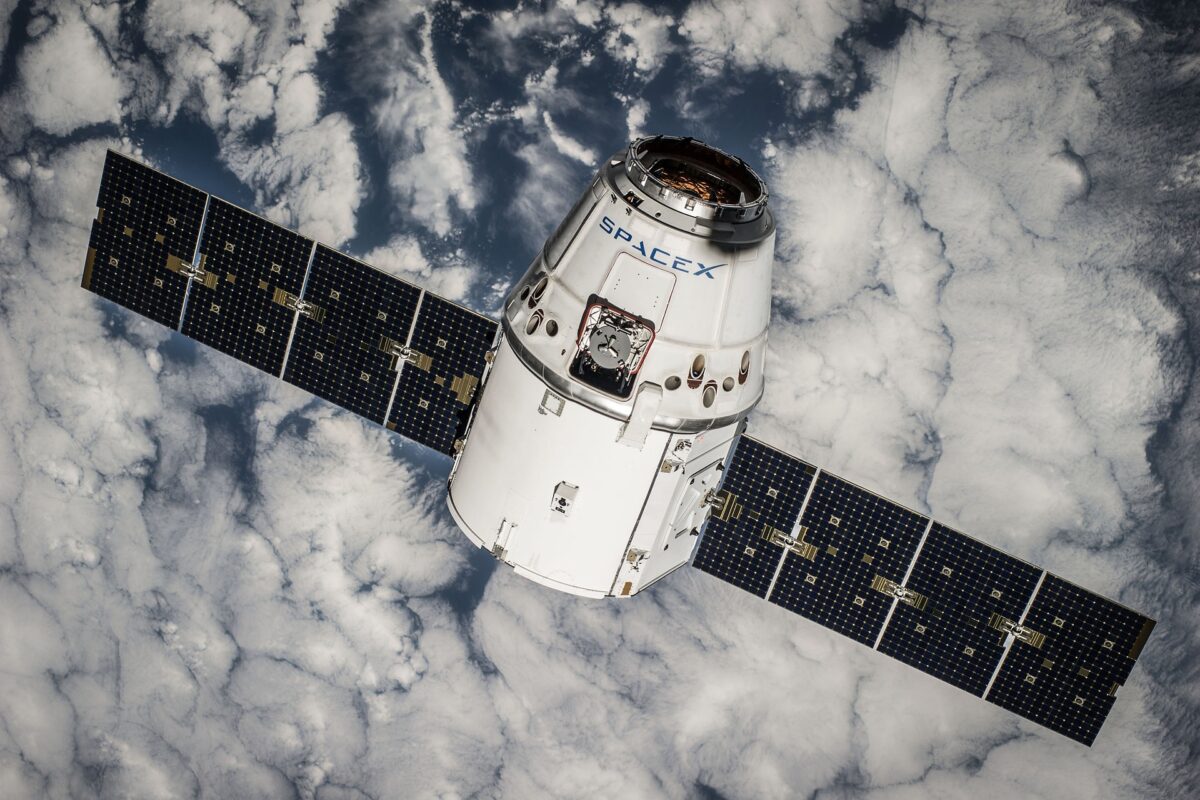
How is Donald Trump Going to Manage this?
In fact, it is still unclear. One potential approach is outlined in the Federal Advisory Committee Act (FACA) of 1972, which permits the president to consult with committees made up of both public and private sector members. Trump could establish such a committee through an executive order. If this happens, the committee could be one of the approximately 1,000 federal advisory committees. In the previous year, the total expenditure for these committees amounted to $399 million.
The goal of this? Trump stated that this group would “provide advice and guidance from outside the government, collaborate with the White House and the Office of Management and Budget (OMB) to lead large-scale structural reforms, and create an entrepreneurial approach to government like never before.
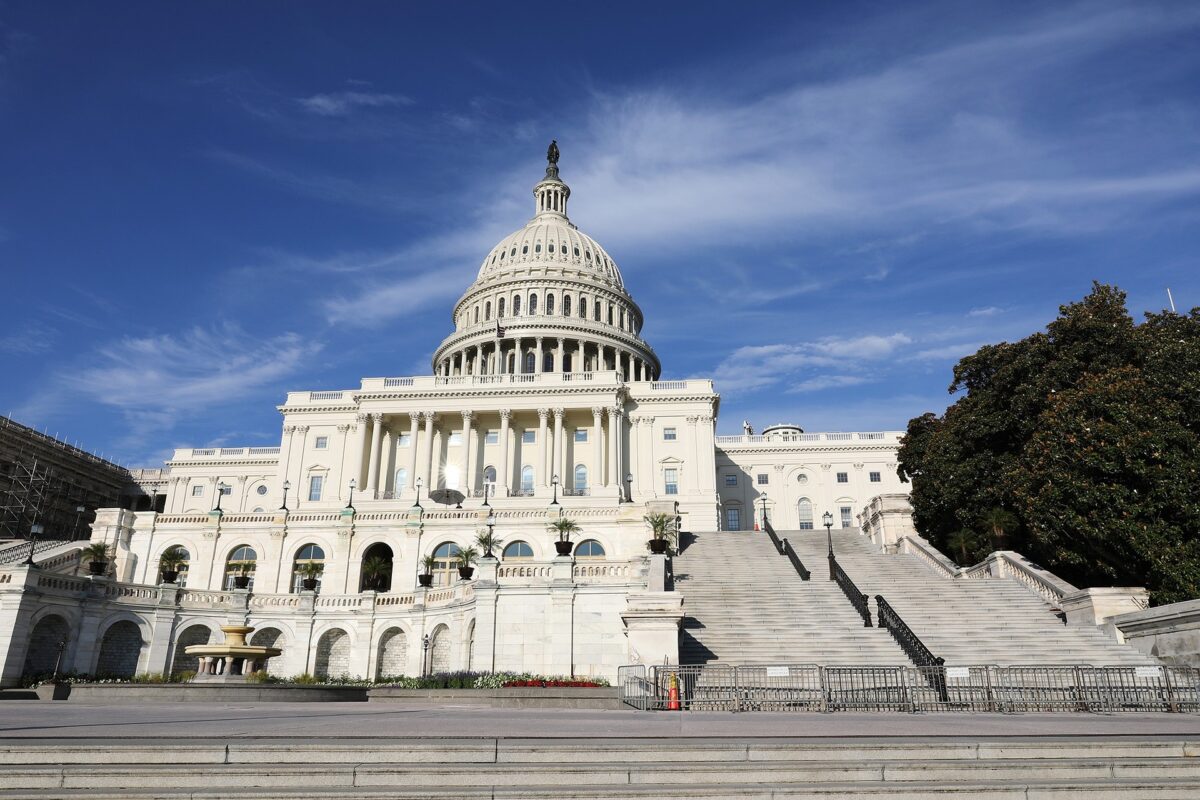
Challenges in Implementing Fiscal Reform
It’s not as if this has never been attempted before. However, there have been many drawbacks, and previous presidents have been unable to carry it out. Reducing the serious fiscal deficit would require austerity measures at a level not seen since the aftermath of World War II, and it is likely to involve significant cuts to popular programs such as Social Security, Medicare (healthcare for the elderly and disabled), Medicaid (healthcare for low-income individuals), and veterans’ benefits.
Trump does not need congressional approval for appointing Elon Musk, but any spending cuts would require congressional approval. However, he believes he has a workaround. He intends to challenge key provisions of the 1974 “Congressional Budget and Impoundment Control Act,” which requires the president to execute allocated budgets unless Congress decides to rescind them. Trump has stated that by reinstating impoundment, he could dismantle the “deep state,” solve problems, and starve politicians who provoke wars, claiming that impoundment would allow them to easily cut funding.

Shifting the Way Government Works
Imagine a government that operates with the agility of a tech startup. Under Musk’s leadership, DOGE could bring a corporate-style approach to governance, focusing on performance metrics and data-driven decisions. This could mean a government that’s more responsive to your needs, cutting through the bureaucracy to deliver faster, more efficient services.
But let’s not get ahead of ourselves. Government isn’t a business, and its primary goal is to serve the public equitably. Balancing efficiency with fairness will be a tightrope walk. There’s a real risk that in the rush to cut costs, essential services could suffer.
Economic Ripples Across North America
Think about the potential economic impact. If Musk can cut down on wasteful spending, that could free up billions of dollars for other priorities like infrastructure or reducing national debt. This could boost economic stability and even spark growth in some sectors.
But there’s a flip side. For example, the public sector jobs that might be lost in the name of efficiency. How will industries that rely on government contracts cope with potential cutbacks? And what about the social safety net? The economic ripples of Musk’s efficiency drive will be felt far and wide.
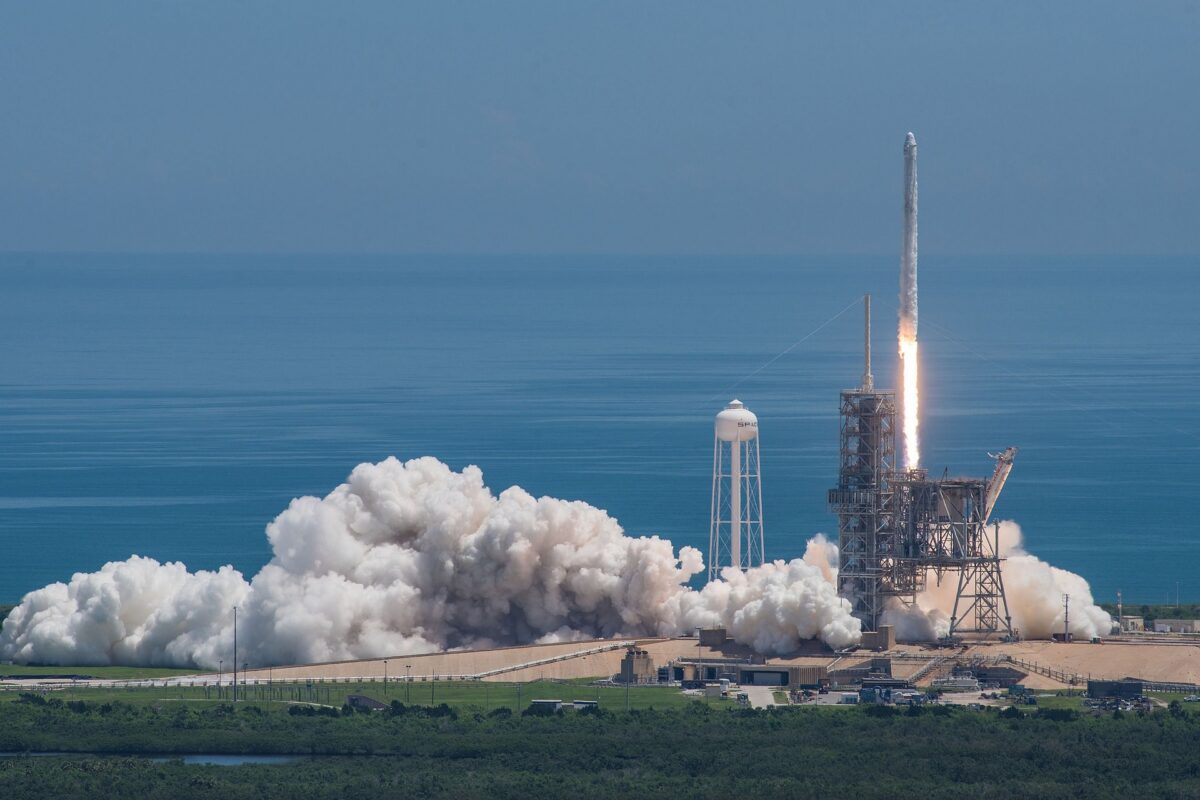
Social Shifts and Public Sentiment
Now, let’s talk about the social fabric of North America. With a push towards greater self-reliance and less government dependency, we might see a rise in entrepreneurship and innovation. For some, this vision of a leaner, more self-sufficient society is appealing.
But let’s be real—not everyone is ready for such a shift. Reduced government support could widen the gap between the haves and the have-nots, leading to greater social fragmentation. How do we ensure that efficiency doesn’t come at the cost of equity? It’s a delicate balance that will require careful thought and planning.
The Road Ahead
Speaking of Elon Musk, he is the founder of several companies, including Tesla and SpaceX. Tesla, in particular, focuses on reducing environmental impacts. The company not only produces electric vehicles but also generates and profits from carbon credits. By reducing or sequestering carbon, which helps lower carbon emissions, companies can earn and sell the right to emit CO2. While President Donald Trump may be moving away from environmentally friendly policies, the need for efficient action against climate change remains critical. At Carbon Da Capo, we can assist you in creating, buying, and selling carbon credits. Let’s take action together!
